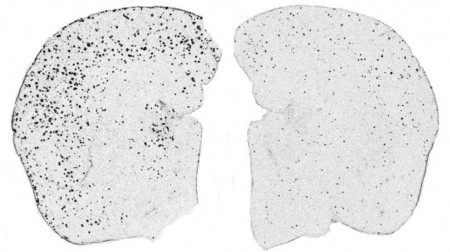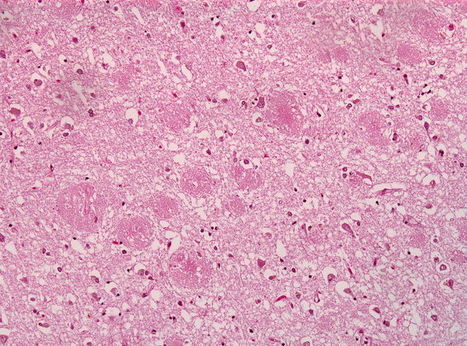By turning off an immune system transmitter in mice with an Alzheimer’s-like condition, scientists have been able to greatly reduce the accumulation of an abnormal protein known as amyloid-ß in the animals’ brains.
Previous studies have shown that the protein plays a central role in Alzheimer’s disease. It is hoped that the research may ultimately point the way towards a method of preventing or treating the disease in humans.



 Your new post is loading...
Your new post is loading...








